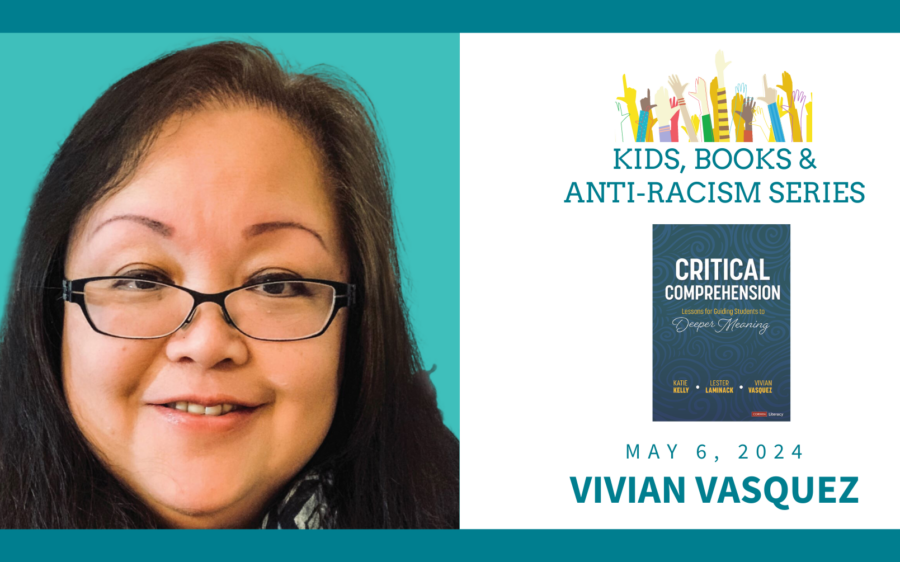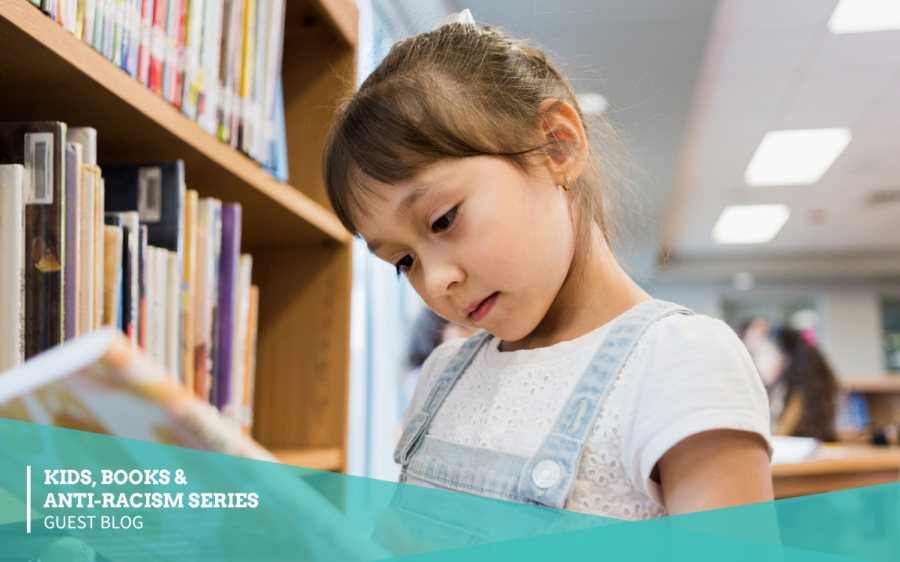Every child has the right to literacy. Our greatest responsibility as educators is to create the conditions that enable every child to be successful. Children deserve to enjoy a life of good health, safety, and productivity as global citizens, and growing up literate is the passport to opportunity for success in schooling and in life.
Universal access to high-quality language and literacy opportunities has many benefits and long-lasting effects on the social and emotional and literacy development of young children. There is strong evidence that when children have the opportunity for high-quality literacy opportunities in the early childhood years, they are less likely to be retained, referred for special education, or drop out of school.
As early childhood educators, we think from a strengths’ perspective, getting to know and appreciate the uniqueness of each young child and the richness of our diverse world. With the understanding that all children are capable of learning, we value each child and what they bring to the classroom and school community. David Pearson reminds us that as educators, “we need to accept children as they are with what they know. Our job is not to wish our students knew more or knew differently, but to turn each student’s knowledge and diversity of knowledge we encounter into a curricular strength rather than an instructional inconvenience.” (The First Grade Studies: A Personal Reflection, Quarterly International Literacy Association, 1997)
Consider the following principles as you strive to provide high-quality early literacy opportunities for young children in preschool and kindergarten:
- Create a classroom and school community that celebrates linguistic, cultural and ethnic diversity by attending to the physical space as well as the policies
- Learn about each child’s history, background knowledge, languages, culture and experiences
- Recognize and value each child’s unique development and begin with their strengths, taking them “different paths to common outcomes”
- Value dramatic play so that children can draw on their diverse life experiences and so they engage in literacy opportunities that exist in the real world
- Create classroom environments that reflect children’s languages in instruction and in daily play opportunities
- Create opportunities to bring in literacy from their homes and from the community environment
- Aim to preserve students’ first languages and honor their rich cultural background as they learn English
- Invite diverse community members and family members into the classroom to share as a means of honoring local and family knowledge
- Teach with high quality culturally and linguistically diverse literature that respects the variety of languages and histories
- Help children understand varying points of view and lead them to discussions of how they can to contribute to a better world
Children have learned a great deal before they enter school. Instead of thinking that the children need to be made ready to learn, we need to provide the rich classrooms that harness and build on the richness that children bring. It is our responsibility to provide the learning opportunities that will foster their growth, not shift blame to the children. It is our collective responsibility to continue to advocate for early childhood classrooms. These environments assure the opportunities for children to experience the imagination, wonder, and joy of childhood and develop the confidence and agency that every child deserves.





